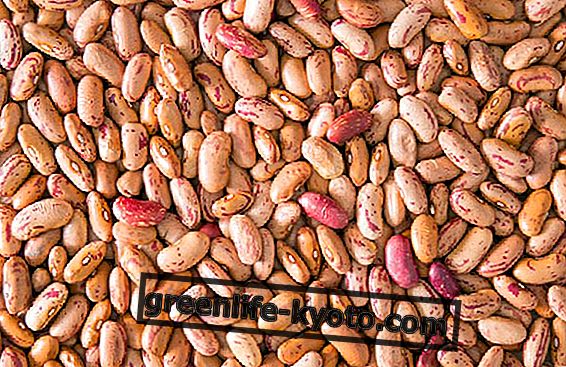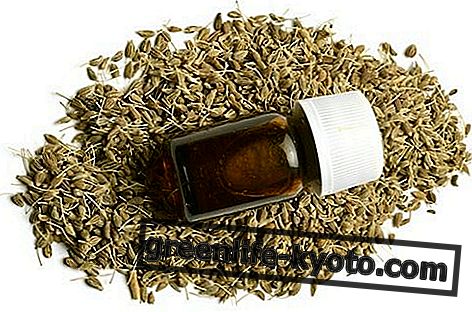
The artichokes were widely used for their properties already in ancient Greece and ancient Rome.
They are a good source of mineral i, especially potassium, and contain several precious substances to which they owe their very rich properties.
What do artichokes do well?
> Artichokes protect the liver and help purify and strengthen it.
> They stimulate the secretion of bile and prevent the formation of gallstones.
> They contain inulin, a polysaccharide (a soluble fiber) that facilitates digestion, promotes rebalancing of the intestinal flora and counteracts the formation of intestinal gases.
> Artichokes are, in general, rich in fiber and therefore favor intestinal regularity.
> They help keep cholesterol and triglyceride levels in the blood and even blood glucose levels under control ; therefore they are a valid aid for cardiovascular health.
> Artichokes, thanks above all to the presence of cynarin, favor diuresis, that is the secretion of urine, a very important activity because when the organism fails to eliminate the excess liquids effectively, serious disorders can arise.
> The artichoke, thanks to the limited caloric content, the high satiety index and its diuretic and purifying activity, favors weight loss .
> Artichokes contain caffeic acid, ferulic acid, silymarin and other antioxidants ; therefore, they help to delay cellular aging.
> Artichokes are rich in B vitamins, especially B9, very important for DNA synthesis and valuable for everyone, but especially for pregnant women and the fetus they carry in their womb, especially in the first phase of pregnancy.
Artichokes: simple and healthy macrobiotic recipes
How to benefit from the properties of artichokes?
The best way to benefit from the qualities of a food is, in general, to include it in the diet in the period in which this is in season .
Supplements can be a valuable aid when, for some reason, the diet is not sufficient to meet the body's needs, but should not be the main way to take in nutrients.
In the case of the artichoke, the season starts in autumn and ends in spring; the months to introduce it in one's diet go from November to the end of April .
To fully benefit from all the qualities of artichokes, it is preferable to eat them raw . Of course they must be very fresh and very tender, and only the heart must be kept. After having cleaned and cut them into very thin strips, immediately immerse them in water and lemon juice (orange or pomegranate juice is also fine) to prevent them from blackening, but also to give them a more pleasant aroma. Drain and season with extra virgin olive oil, lemon juice, orange or pomegranate (according to taste and season), a pinch of salt and one of pepper.
Naturally, the artichokes are excellent also cooked and are suitable for the preparation of many recipes, especially side dishes and tasty seasonings for pasta dishes based on pasta, rice or other cereals.
Artichokes: how to cook them?













